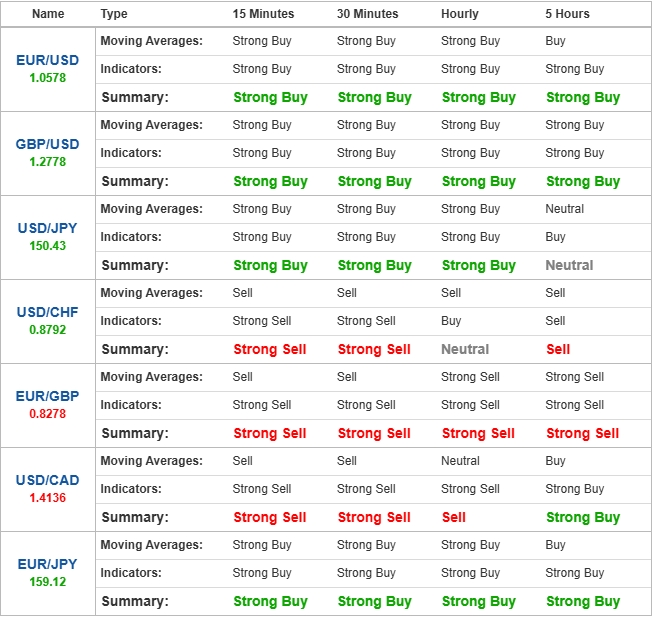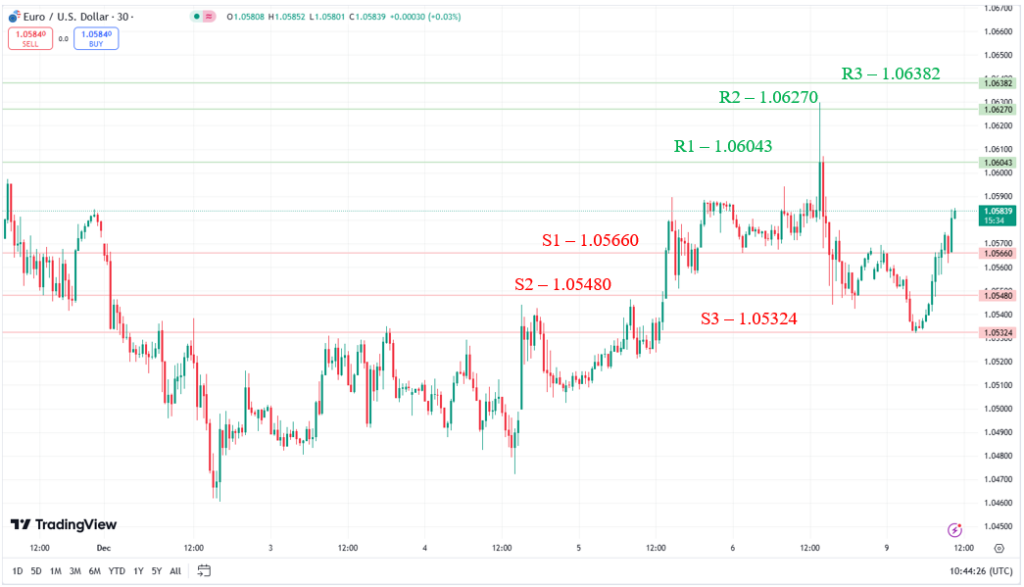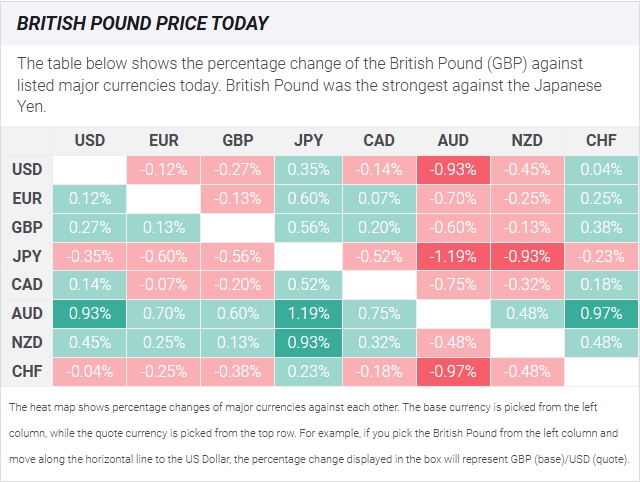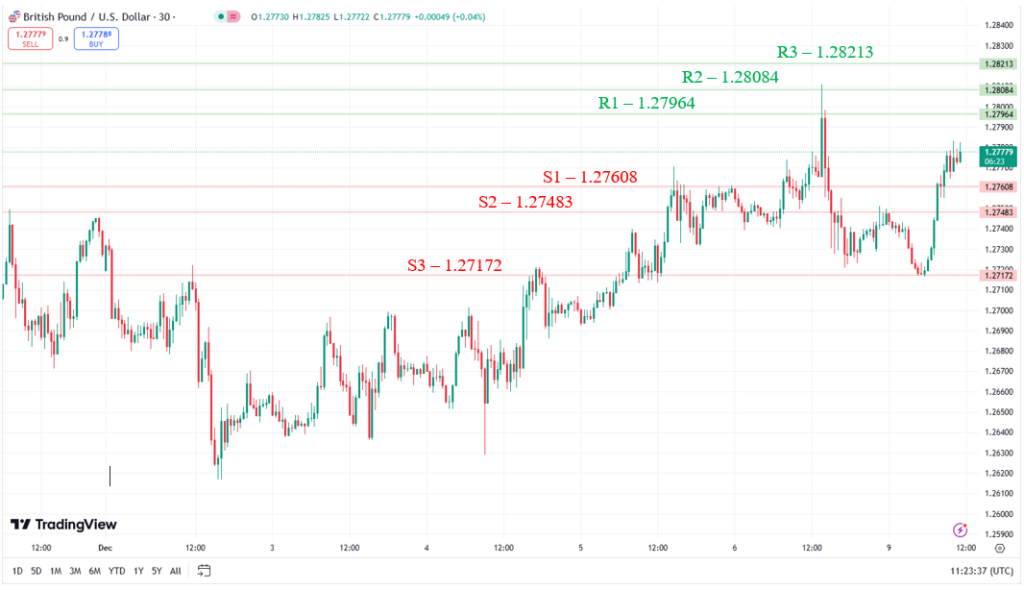As the second week of December begins, Monday, 9 December 2024, will see investors focus on upcoming central bank decisions, global economic data, and geopolitical developments.
The session is expected to be cautious yet focused, as traders position themselves ahead of critical central bank decisions and inflation data later in the week. With year-end dynamics at play, investors may also prioritise portfolio adjustments, driving selective market movements.
KEY INDICATORS
Central Bank watch
- Federal Reserve policy anticipation: With the Federal Reserve meeting on 11 December, markets are likely to see positioning in interest-rate-sensitive sectors. Investors will closely monitor any last-minute commentary from Fed officials ahead of the blackout period.
- ECB and global central banks: Speculation about potential European Central Bank moves later in the week could drive activity in European markets and the euro.
China’s market and economic signals
- Following recent PMI and trade data, Chinese equity markets and commodity-linked sectors could react to new signs of recovery or slowing momentum, impacting global investor sentiment.
Economic data in focus
- US Treasury budget statement: Scheduled for release, this report will provide insights into government spending trends and fiscal dynamics amid elevated interest rates.
- Global inflation signals: Investors will prepare for inflation data later in the week, including key updates from the US and China, which could influence monetary policy expectations.

MARKET MOVERS
EUR/USD

Long positions above 1.06043 with targets at 1.06270 & 1.06382 in extension.
Alternative scenario
Below 1.05660 look for further downside with 1.05480 & 1.05324 as targets.
The RSI is bullish and calls for further upside.
Euro faces renewed falls ahead of US inflation data and ECB decision
- The European Central Bank is expected to cut rates again on Thursday as inflation declines, with financial markets eager to gauge whether a more challenging economic environment will prompt faster policy adjustments.
- Since the October meeting, a US election win for Donald Trump has heightened tariff risks for Europe. France and Germany are grappling with political turmoil, business activity has deteriorated, and the euro has weakened.
- Trump has pledged a 10% tariff on imports from all countries, but specifics and the response from US trading partners remain unclear.
- ECB President Christine Lagarde has warned that a large-scale trade war would be a “net negative for all,” not just for countries directly targeted by US tariffs.
- Inflation still appears to be moving towards the 2% target, though there are indications that wage pressures may be easing.

GBP/USD

Long positions above 1.27964 with targets at 1.28084 & 1.28213 in extension.
Alternative scenario
Below 1.27608 look for further downside with 1.27483 & 1.27172 as targets.
As long as the support at 1.27608 is not breached, the risk of the break below 1.27483 remains low.
TODAY’S NEWS HEADLINES
Gold firms as investors await US inflation data for Fed clues
- Gold prices gained on Monday as investors awaited US inflation data due this week for insights into the Federal Reserve’s next monetary policy moves.
- Spot gold rose 0.5% to USD 2,644.91 per ounce as of 2:38 PM GMT. Bullion fell nearly 1% last week.
- US gold futures increased by 0.3% to USD 2,666.80.
- Spot silver gained 0.4% to USD 31.08 per ounce.
- Platinum rose 0.5% to USD 934.75.
- Palladium added 0.7% to USD 963.00.
Loonie, Aussie in focus while US dollar idles
- The Canadian dollar and Australian dollar were in focus on Monday ahead of their central bank meetings this week, while the euro and other major currencies held steady as traders assessed the US dollar’s prospects.
- Against the yen, the dollar declined by 0.17% to 149.78 yen.
- The euro stood at USD 1.0561, down 0.04% so far in Asia but up from Friday’s low of USD 1.0542.
- The dollar index edged up by 0.03% to 105.98.
- The Australian dollar traded at USD 0.6393, up 0.06% in early trade but close to the four-month low of USD 0.6373 reached on Friday.
China’s top leaders to discuss GDP growth target and stimulus measures amid economic concerns
- Chinese President Xi Jinping and other top leaders are reportedly convening the annual Central Economic Work Conference this week to discuss economic policies and the growth target for the year ahead.
- Market participants will closely monitor the conference for clues on how policymakers intend to steer the world’s second-largest economy through entrenched deflation and looming US tariffs.
- While specific numbers will not be announced until March, it is widely expected that Beijing will set its GDP growth target for next year at “around 5%,” if not slightly lower.
Click here to open account and start trading.







